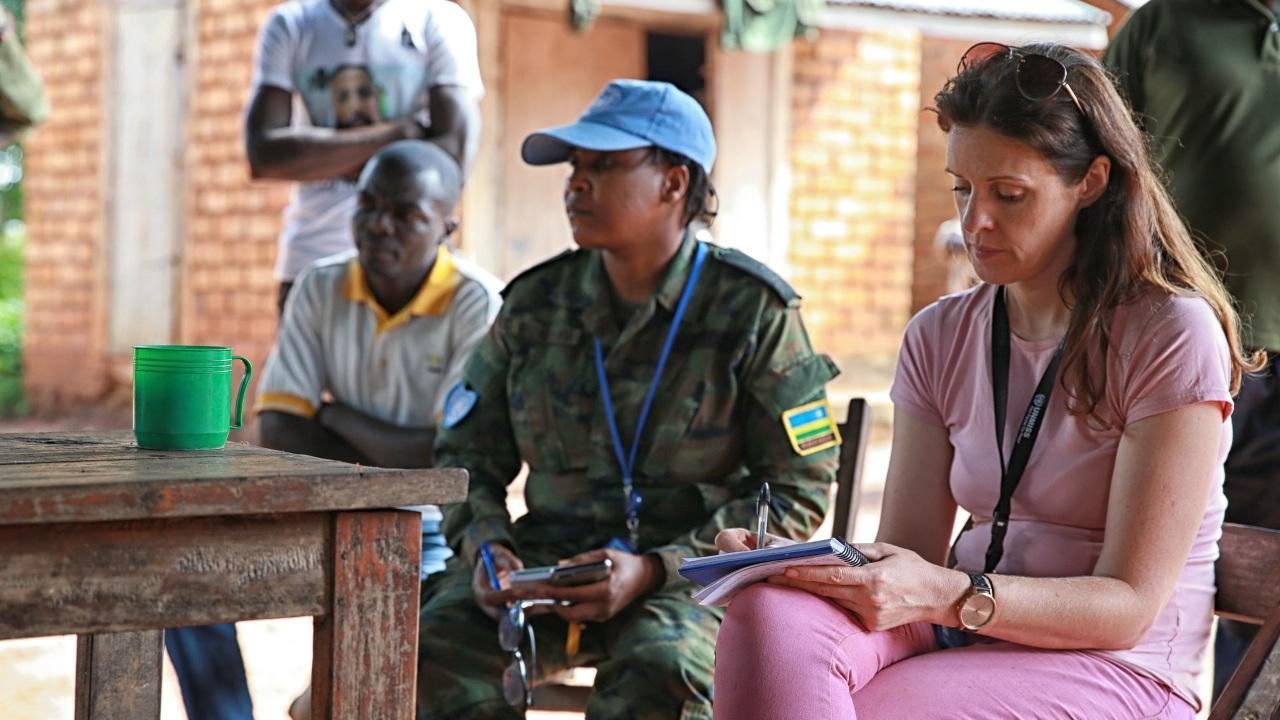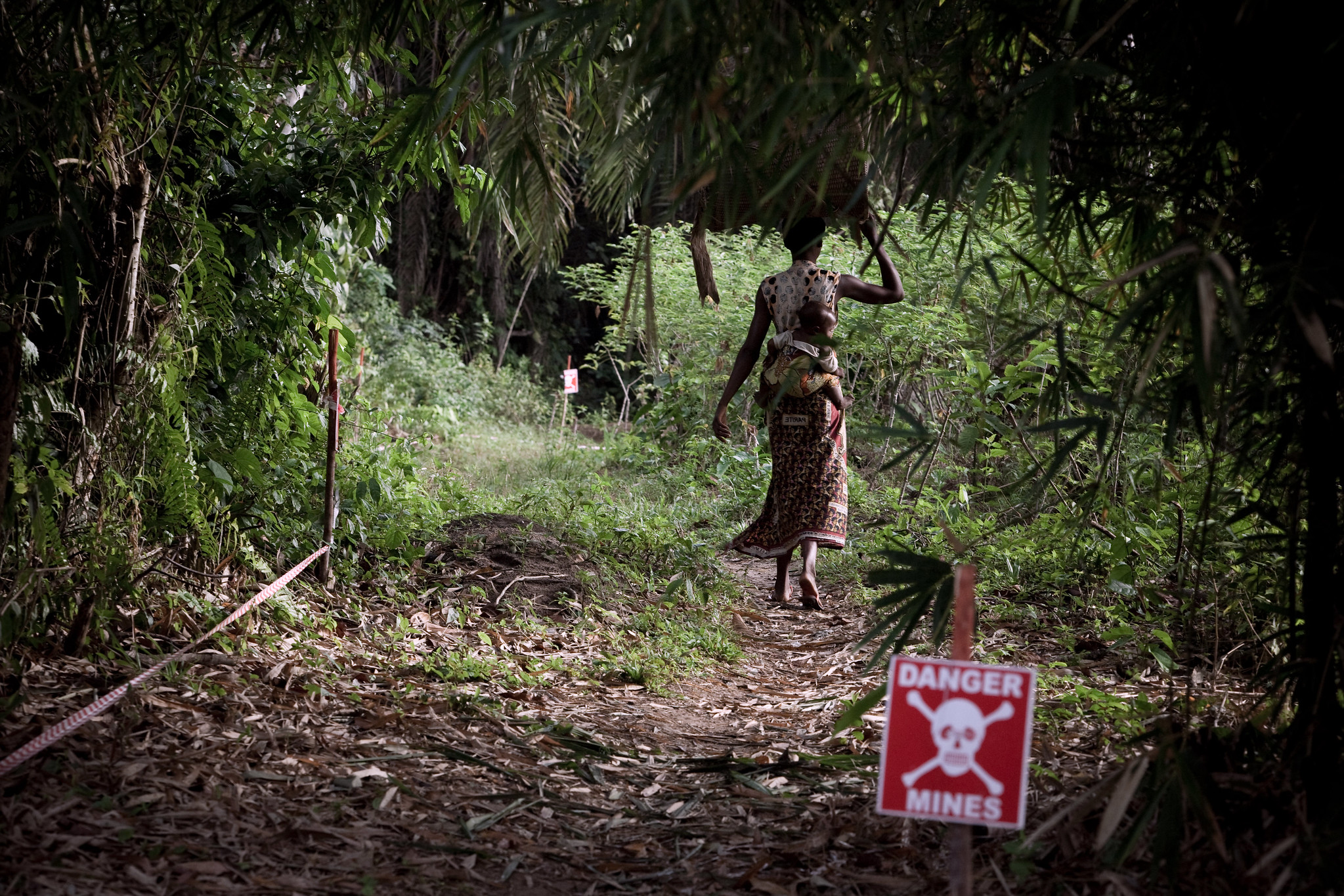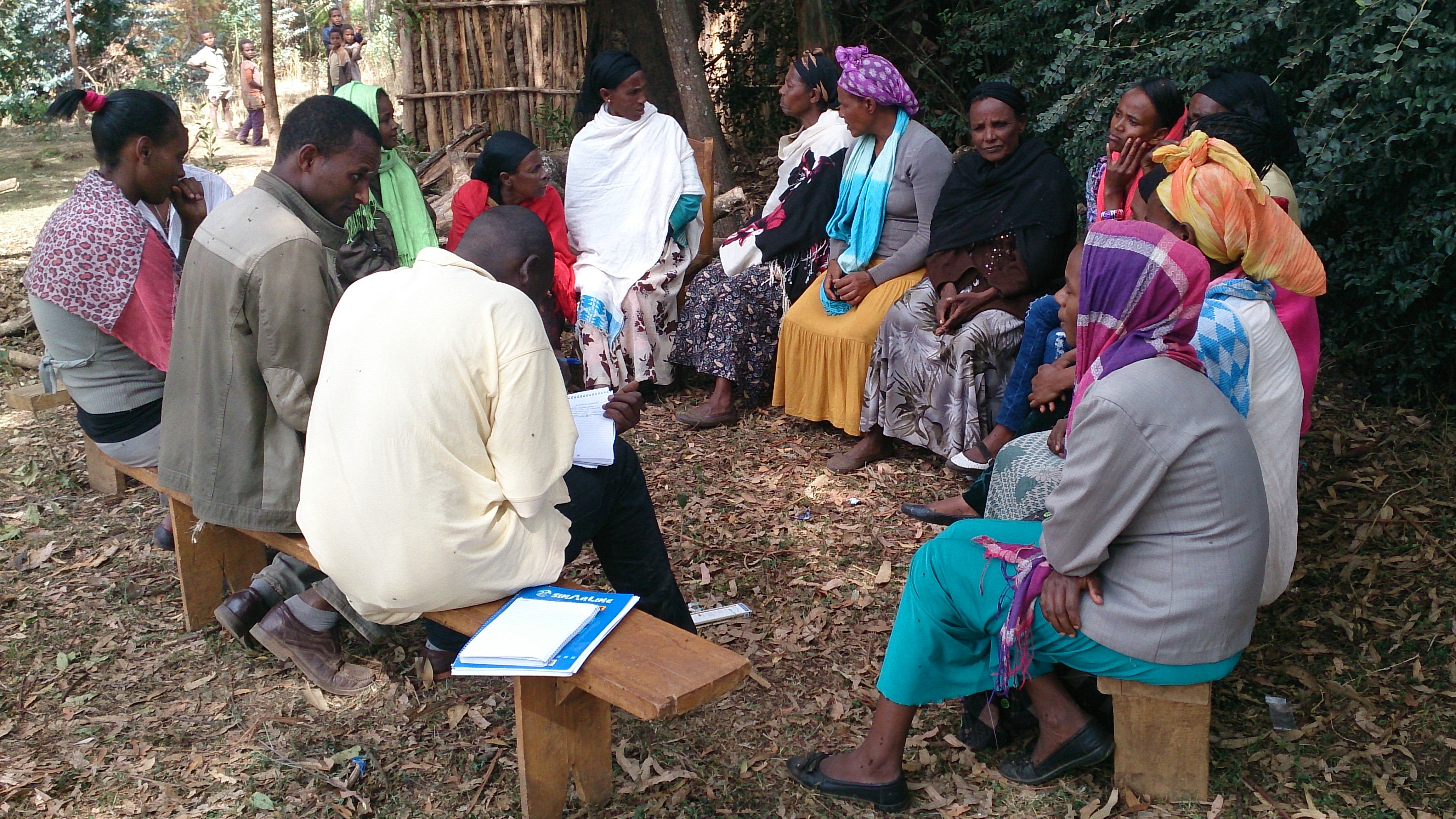For several years, Christian Chiza has conducted research for an international NGO, during which time his fieldwork respondents have frequently asked what happens to the data. Project design within these organisations, and universities in the global North, often lacks a process for feeding back results to the communities where the research was conducted. This raises questions about power imbalances embedded into international research practices and the ethics of who benefits from the production of knowledge.
This post was produced as part of the ‘Bukavu Series’, a series of blogs highlighting the violence that persists in the process of academic knowledge production.
During the past few years, I have worked as a research consultant for an international NGO. My colleagues and I were often dispatched to gather data in the area where the NGO operated. Frequently, our ‘target populations’ were excited to see us conducting this research. Unfortunately, once we had obtained our data, we’d disappear as though we’d never been in the community at all. One day, I was passing back through one such community when suddenly I came across two of our former respondents. After some greetings, their words grew blunt: ‘Manake mulikuyaka tu tupondeya muda na kukamata maoni yetu kisha muka poteya! Ju mpaka sahii hatuya onaka mutu ana kuya tuambiya bili ishiaka wapi.’ (‘So basically, you just came here to waste our time collecting our opinions – and then that’s that: you disappeared! Because since then, we’ve never had anyone come back to tell us the outcome or results of what you were doing here.’) One of the two was very clear indeed: ‘Si mulishaka kula zenu, basi muna weza tu kumbuka siye benye tulitumaka muna pata hizo makuta.’ (‘Now that you’ve gotten your food [i.e. been paid for your research], couldn’t you at least remember those of us who made that possible for you?’)
The same concerns arise in academic research. For almost two years now, I have been involved in an academic study concerning land for a university in the Global North. The research aims to understand the role that household incomes play in securing plots of land in urban and peri-urban settings around Bukavu in the Democratic Republic of Congo. Many of my interlocutors have signalled a desire to see a summary of our findings. Unfortunately, my coordinator informed me that the project design had not included a provision for this, and that he would have to think about finding extra room in the budget. The request seems to have been dead on arrival.
Now and then, I’ll get phone calls from people who at some point, participating in one study or another, granted me both their time and their trust. The question they ask is always the same: ‘When will we get a report on your findings?’ For lack of a better response, I tell them (dying a little inside), ‘Hold on, we’re still thinking it through.’ Deep down, though, I know no report is coming. And this weighs on me.
Occasionally, talking amongst themselves, researchers will break the omertà around this subject. One evening, a colleague told a group of us how once, on Idjwi Island, a confrontation with a village chairman over this issue left her tongue-tied. ‘Where does all the data you collect here go?’ he asked. ‘Because there’ve been others like you, who came through, collected data, and then never returned … What about your findings? Knowing them could help us, as local leaders, to sensitise our constituents on various issues that affect the life of our community.’ Flustered, my colleague responded – in all honesty – that these sorts of decisions were not up to her. Outside of data collection, she had little room for manoeuvre.
The night that she shared her experience, and some among us laughed. Others, however unconsciously, mocked her for not knowing the right answer to give. Yet after discussing a few more experiences of the sort, we found we weren’t laughing anymore. We realised that the imbalance of power within which we as local researchers operate drastically limits our range of motion when it comes to reporting the findings of our research. And nevertheless, we must handle the consequences alone. For it is the local researcher who later remains in the area, viewed as a representative of various research teams. This exclusion can even affect a person’s integrity, as one sees oneself constantly challenged. One has to live with a sense of guilt, a feeling of work left unfinished, an awareness of not having lived up to the community’s expectations. It becomes a heavy burden. The community, meanwhile, risks losing trust – making access more difficult for the next set of researchers.
Moreover, we realised that this lack of accountability also creates a lost opportunity for the projects in question. Local views on researchers’ findings could add something to subsequent analyses. The communities in which we carry out research projects must be informed of our findings; they must be given a stake in the research results. Otherwise, what is the point of research? To make findings available only to elites? So that they in turn can use their knowledge and claim to be able to speak for the poor? It is a question that bears asking.
This post was translated by Sara Weschler. It first appeared on the Governance in Conflict blog hosted by Ghent University, with funding from the LSE Centre for Public Authority and International Development.
Photo by Zen Chung from Pexels.





